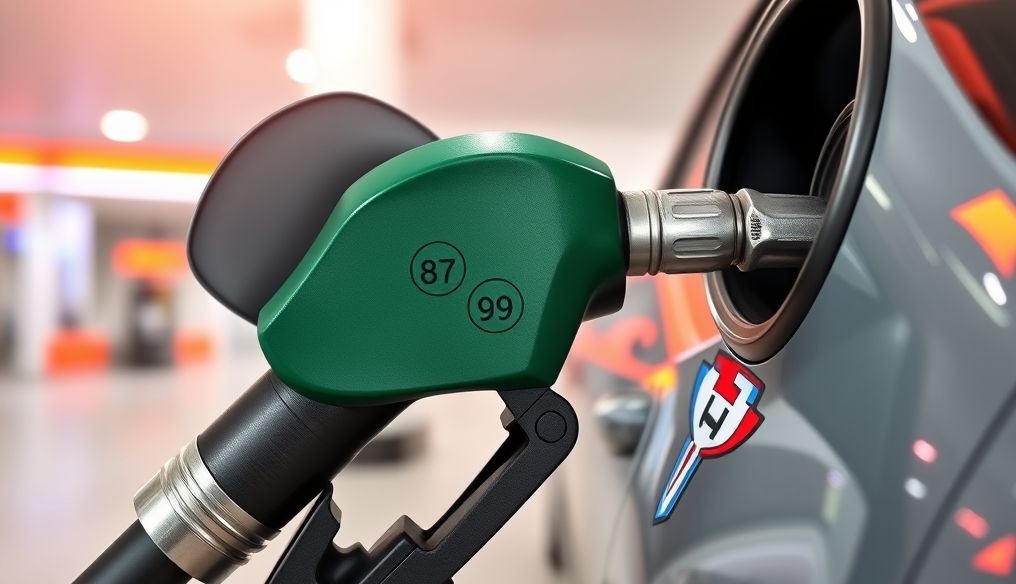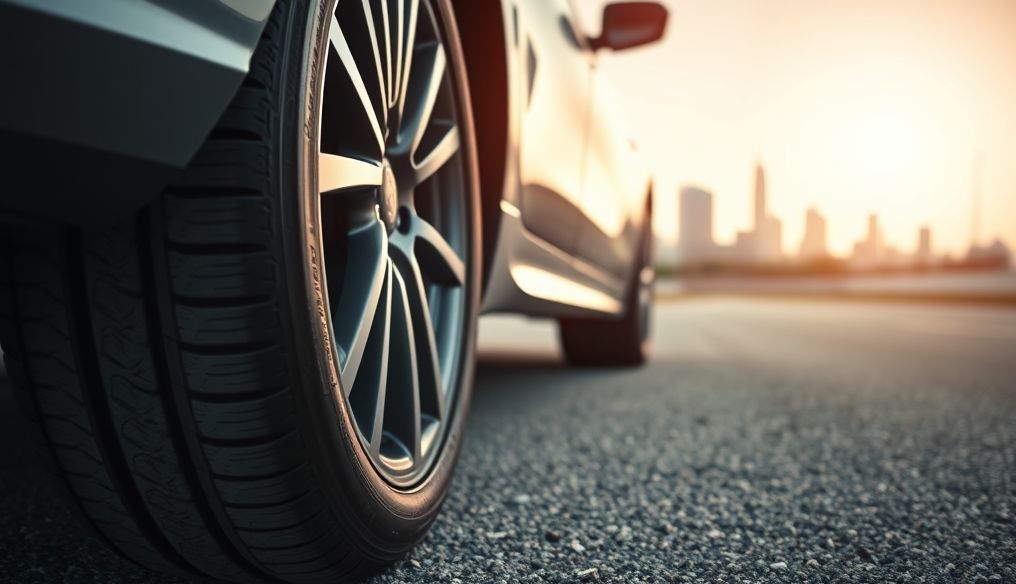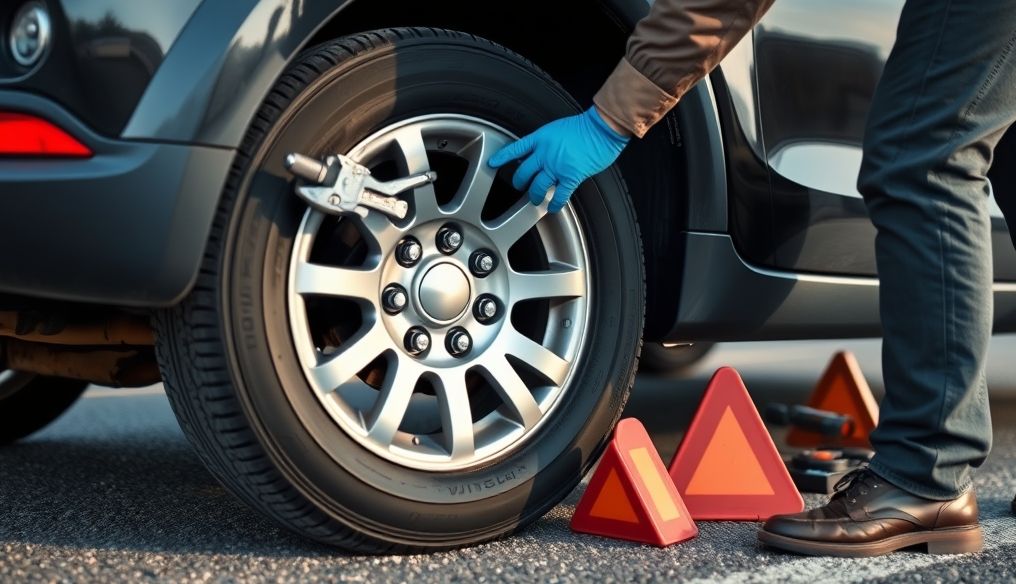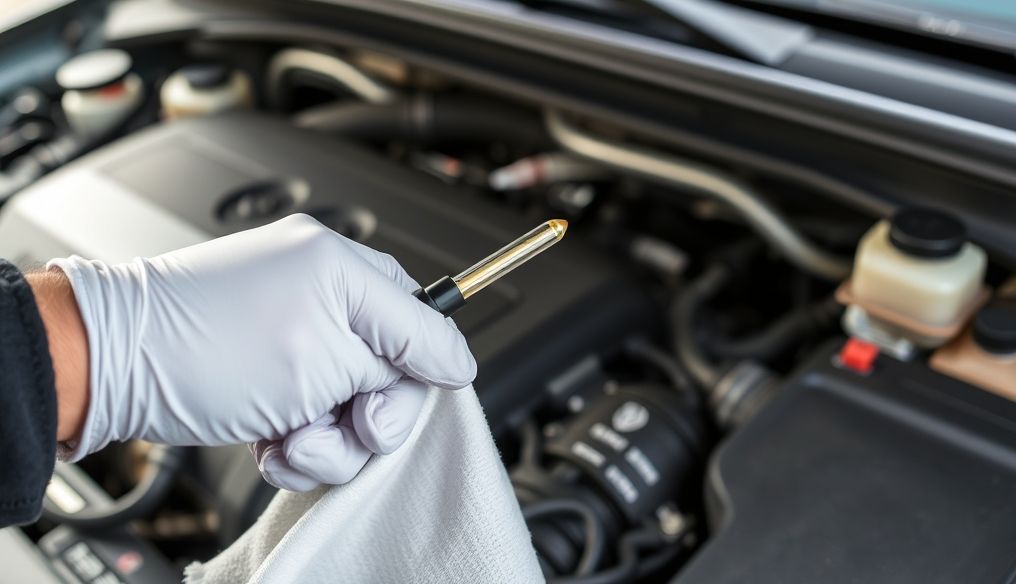Does Using High-Octane Fuel Improve Performance in Any Car?
Many car drivers wonder whether using high-octane fuel will improve their car's performance. In reality, the answer isn't simple and depends on several factors. This article will explore the benefits and drawbacks of using high-octane fuel, and how to determine if your car will benefit from it.
What is Octane and What Does it Mean?
Octane is a measure of fuel's resistance to auto-ignition (knocking). High-octane fuel burns more regularly, reducing the chance of knocking. Knocking is an abnormal combustion of fuel in the cylinder that can cause engine damage.
Different Types of Octane
- Regular Fuel (Octane 87): Suitable for most cars.
- Mid-Grade Fuel (Octane 89): May be recommended for some cars.
- Premium Fuel (Octane 91 or higher): Designed for high-performance cars.
When is High-Octane Fuel Beneficial?
High-octane fuel is primarily beneficial for cars specifically designed to run on it. These cars are usually:
- High-Performance Sports Cars: Often require high-octane fuel to achieve maximum power.
- Cars with Turbochargers or Superchargers: These engines are more prone to knocking and need high-octane fuel.
- Cars with High Compression Ratio: High compression ratio increases the chance of knocking.
If your car is designed to run on regular fuel, using high-octane fuel will not significantly improve its performance. In fact, it may have no positive effect at all.
How to Know if Your Car Needs High-Octane Fuel?
The best way to know if your car needs high-octane fuel is to refer to the owner's manual. The owner's manual usually specifies the type of fuel recommended for your car. If the manual recommends high-octane fuel, it is important to use it. If the manual allows the use of regular fuel, using high-octane fuel will not harm your car, but it may not provide any additional benefit.
Signs That Your Car May Benefit from High-Octane Fuel
- Knocking Sound: If you hear a knocking sound from the engine during acceleration, it may be a sign that your car needs high-octane fuel.
- Power Loss: If you notice that your car is losing power, it may be due to knocking.
Common Myths About High-Octane Fuel
There are many common myths about high-octane fuel. Among these myths are:
- High-Octane Fuel Increases Fuel Efficiency: This is generally incorrect. Fuel efficiency depends on other factors such as driving style and car maintenance.
- High-Octane Fuel Cleans the Engine: High-octane fuel does not necessarily contain more detergents than regular fuel.
- High-Octane Fuel Makes Your Car Faster: This is only true if your car is designed to run on high-octane fuel.
Drawbacks of Using High-Octane Fuel in a Car That Doesn't Need It
The biggest drawback of using high-octane fuel in a car that doesn't need it is the cost. High-octane fuel is more expensive than regular fuel, and if your car doesn't benefit from it, you're wasting your money.
Are There Alternatives to High-Octane Fuel?
If your car is experiencing knocking, but it doesn't require high-octane fuel, you can try using a fuel injector cleaner. A fuel injector cleaner can help remove deposits that may be causing the knocking.
Conclusion
In short, using high-octane fuel improves car performance only if the car is designed to run on it. If your car is designed to run on regular fuel, using high-octane fuel will not improve its performance and may just be a waste of money. Always check the owner's manual to determine the type of fuel recommended for your car.
Additional Tips
- Maintain Your Car Regularly: Regular maintenance can help prevent knocking.
- Avoid Aggressive Driving: Aggressive driving can increase the chance of knocking.
- Use High-Quality Fuel: Use fuel from reputable gas stations.




